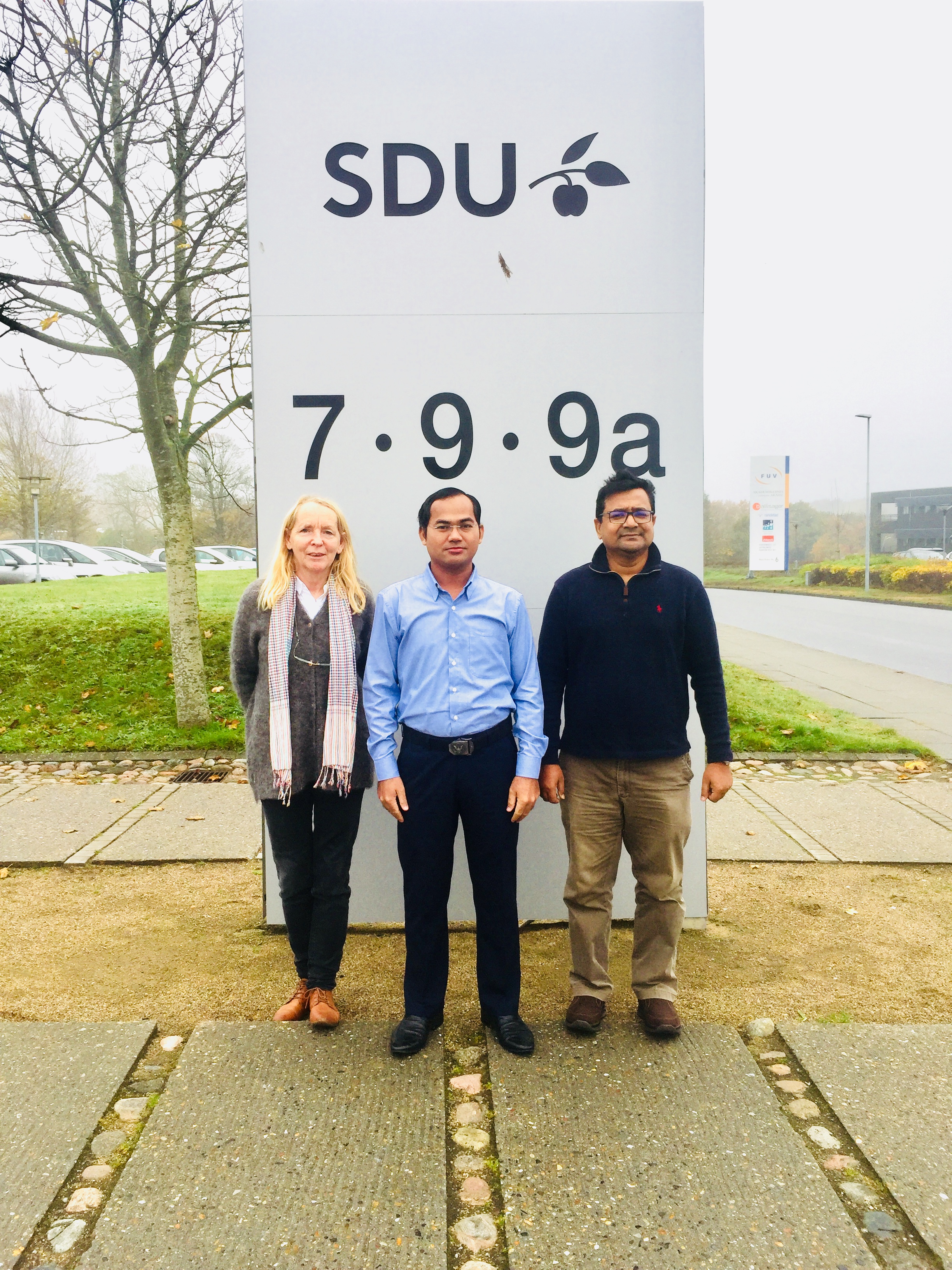

Working Paper : Factors Determining Maritime Transport Market and Strategic Policy for Cambodia
National University of ManagementNewsResearchSouthern University of DenmarkTopics 10 December 2020

Working Paper : Factors Determining Maritime Transport Market and Strategic Policy for Cambodia : Econometric Time Series Analysis on Container Throughput of Cambodia’s Ports
Abstract
The high growth of container throughput and traffic volume transported in Cambodia has enabled the improvement port performance and the construction of new port. Analysis of container throughput is very important for port management. This research investigates the long-run and short-run relationships, and determines the factors of the container throughput of combined ports in Cambodia covering the period from 1992 to 2017. The econometric approach of Vector Error- Correction Model (VECM), Cointegration Test, Granger-Causality Test and Stability Test is applied and used in the estimation of time-series data between container throughput as the endogenous variable and exogenous variables such as the number of ship-call, export, import and per-capita gdp. Impulse Response Function (IRF) has also been generated to explain the response to shock amongst the variables. Taking into account a long-run relationship, the results of estimation confirmed that there is a long-run association between container throughput and number of ship-call, export, import and per-capita gdp for one cointegrating vector for Cambodia‟s ports. The meaning is that the long-run causality runs from ship- call, export, import and per-capita gdp to container throughput. The number of ship-call and export has a significant positive effect while the import and per- capital gdp have a significant negative impact on container throughput. However, it is important to reveal that VECM model‟s results are not found the short-run granger-causality running from ship-call, export, import and per-capita gdp to container throughput. The results of this study may bear comprehensively important policy implications for port authorities, government and stakeholders with best understanding of activities that would enhance the port performance and port efficiency to support the increasing demand of container throughput through the construction of new ports, development of port facilities, infrastructures of ports, and container terminals. Furthermore, the study also suggests focusing on maritime transport should be promoted the export growth and domestic production via international trade and market to stimulate the economics growth.
Keywords: Container Throughput, Econometrics, Maritime Transport, Port, Time-Series, Vector Error-Correction Model, and long-Run Relationship.
Full text available through this link
About the Author
Mr. Kirirom Cheav is PhD candidate at the National University of Management, Cambodia. Through the Erasmus+ co-funded DOCKSIDE Project, he worked with the researchers from the Southern Denmark University, during his international mobility to Denmark. He worked with the colleagues at Department of Sociology, Environmental and Business Economics (SEBE) & Management and Economics of Resources and the Environment (MERE) group; Dr. Niels Vestergaard, Dr. Dewan Ahsan, Dr. Eva Roth, Dr. Brooks Kaiser, Lars Ravn Jonsen and Melina Kourantidou.
He wrote a report about his work during 3 months in 2018, in Denmark, here
Mr. Kirirom Cheav’s thesis supervisor is Dr. Sovannara Kang, Director of the School of Graduates Studies at National University of Management, Cambodia.


